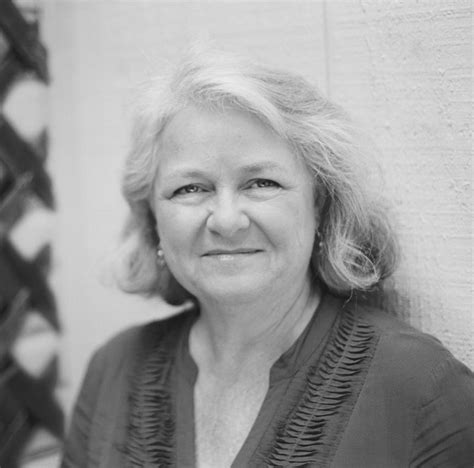A Quote by Marc Andreessen
Once you understand that everybody's going to get connected, a lot of things follow from that. If everybody gets the Internet, they end up with a browser, so they look at web pages - but they can also leave comments, create web pages. They can even host their own server! So not only is everybody consuming, they can also produce.
Related Quotes
To find money to make a film, you have to write maybe 50 pages to explain what you'd like to do, what the film will be, but everybody lies. Because he doesn't know what the film will be. Everybody writes 50 pages and sends it to a TV channel, a producer, to get money, but everybody lies. Or else your film is not interesting.
What I saw quite clearly in the '80s, before the internet, was that the whole world was shifting toward digital formats, and that didn't matter whether it's movies or writing or whatever. It was something that was coming. And with the invention of the World Wide Web in the early '90s, when we were teaching our first courses, or the arrival of the internet by way of the browser, which opened up the internet to everybody - soon it was just revolutionary.
Everybody understands that no matter what your day-to-day job is, when something happens, everybody gets involved to get it fixed and make it right. It really comes down to teamwork. When people come into the culture and see that everybody in the company plays a role to make things happen, they also act. When people don't, then it just doesn't work, and they don't make it.


































